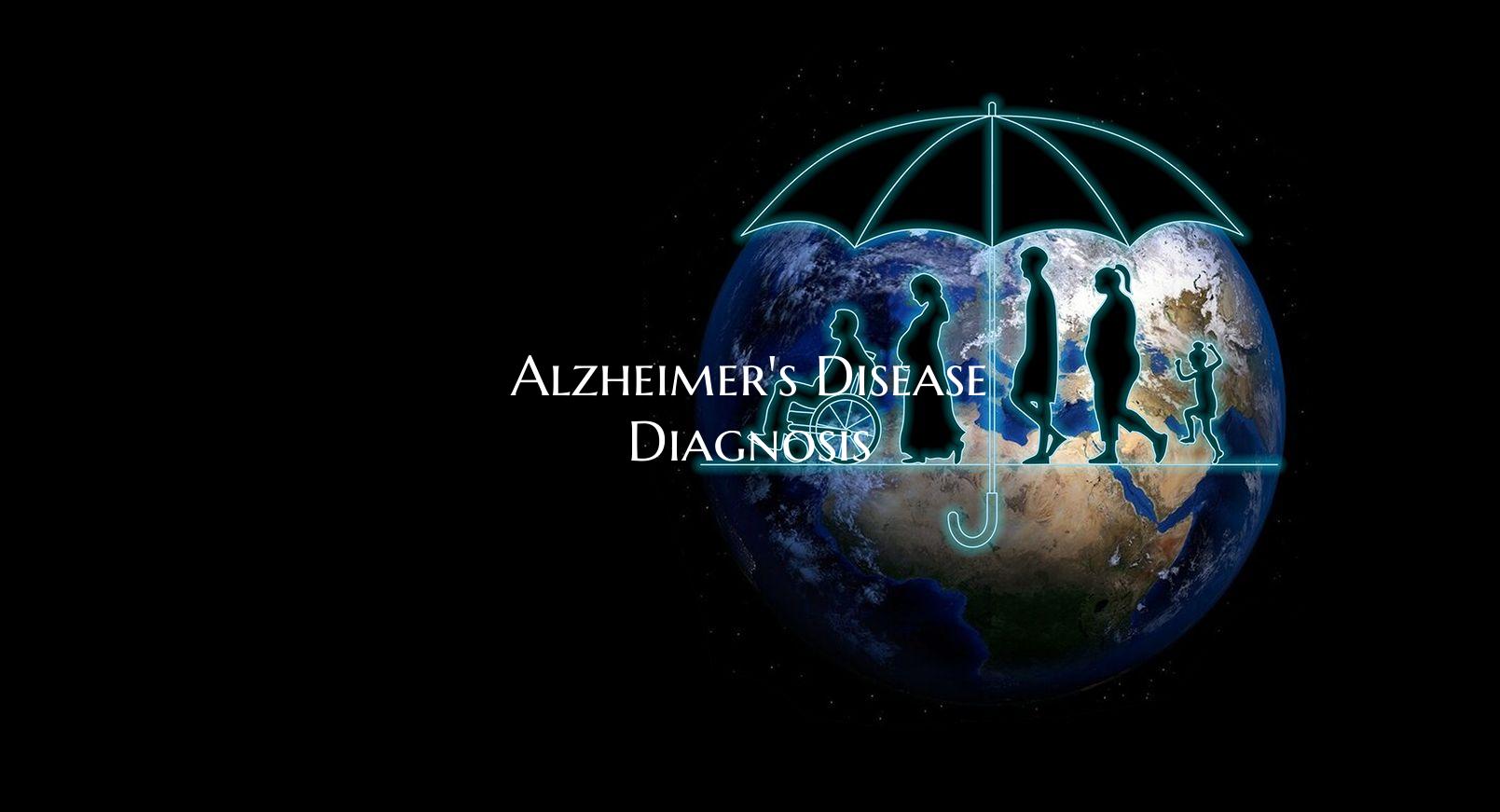
Alzheimer's Disease Diagnosis
Alzheimer's disease is a progressive neurological disorder that primarily affects older individuals, causing a decline in memory, thinking, and reasoning skills. Due to its gradual onset and similarity to normal age-related cognitive decline, diagnosing Alzheimer's can be challenging. However, early detection is crucial for effectively managing the disease and providing appropriate care.
Diagnosing Alzheimer's disease involves a combination of medical history assessment, physical and neurological examinations, cognitive tests, and laboratory tests to rule out other potential causes of symptoms. The process typically begins with a detailed evaluation by a healthcare provider to understand the individual's symptoms, medical history, and any changes in behavior or function.
Cognitive assessments play a key role in diagnosing Alzheimer's disease, as they evaluate memory, language, attention, and problem-solving skills. These tests can help identify cognitive impairment and track changes in cognitive function over time.
Brain imaging techniques such as magnetic resonance imaging (MRI) and positron emission tomography (PET) scans may also be used to assess brain structure and function, detect any abnormalities, and differentiate Alzheimer's disease from other conditions that affect cognition.
While there is currently no single diagnostic test that can definitively diagnose Alzheimer's, healthcare providers use a combination of clinical criteria, cognitive assessments, and imaging studies to make an informed diagnosis. Early detection allows for the early initiation of treatment, implementation of support services, and planning for the future care needs of individuals with Alzheimer's disease.